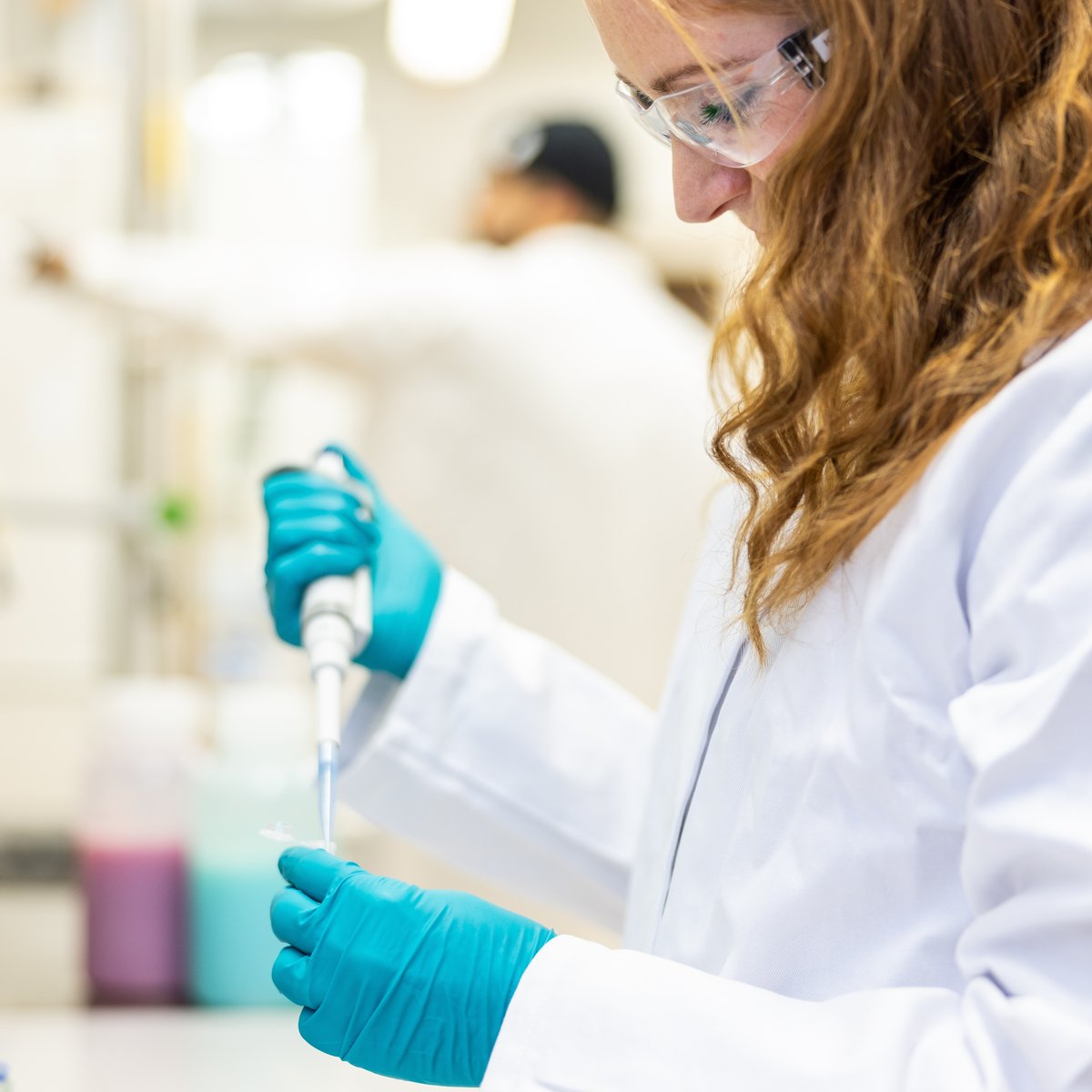Peptide purification
WorkBeads ion exchange resins are an excellent purification solution for therapeutic peptides from crude feeds following solid-phase synthesis or after recombinant expression.
Chromatography methods for peptide purification
The most common way to purify synthesized peptides is using reverse-phase chromatography (RPC), often with C18 silica-based columns. RPC is usually the first choice when screening conditions at lab-scale or analytical scale, but it hass own challenges and disadvantages. It has a sensitive silica-backbone that can easily be fouled since it does not tolerate alkali cleaning conditions, for example, hydrophobic impurities derived from the synthesis can accumulate and irreversibly bind tightly to the RPC resin. It is also difficult to scale up without generating very high backpressure.
To circumvent these drawbacks, one can employ an orthogonal chromatography step upstream of the RPC, using a more hydrophilic and polar resin that tolerates the required harsh cleaning conditions and, at the same time, resolves the peptides and the impurities to enhance the final purity of the target. Our ion exchange chromatography (IEX) resins fill this criterium and is entirely orthogonal to RPC. Where RPC separates molecules based on hydrophobicity, IEX separates molecules based on charge.
WorkBeads give unbeatable results for peptide purification
Reduced impurities
Introducing WorkBeads resins as a capture step can significantly reduce the impurities loaded onto the downstream RPC column from 27.5% to 12%.
High purity and yield
WorkBeads resins are designed using a proprietary method that ensures high purity and yield during the separation and purification of biomolecules.
Reproducible results
WorkBeads resins are available in pre-packed column formats, ensuring reproducible results from laboratory-scale purification to GMP manufacturing.
WorkBeads resins deliver high-yield purification of peptides

WorkBeads 40S
WorkBeads 40S is an agarose-based strong cation exchange chromatography resin (it is completely ionized over a broad pH range, 2–12) derivatized with sulfonate ligands. This high-capacity resin is manufactured using a proprietary method that results in porous beads with tight size distribution and exceptional mechanical stability. It's stable in high concentrations of sodium hydroxide, which allows efficient cleaning-in-place. Our WorkBeads 40S resin demonstrates high-resolution separation while giving low backpressure to facilitate both capture and polishing purification applications in standard bioprocess columns.
In addition to improving purity, the delicate silica-based RPC column will be protected since ion exchange chromatography, used as a clean-up step, is tolerant to harsh cleaning conditions. Thus, using WorkBeads 40S will enable the more extended running of the more expensive RPC resins, making it an excellent choice in peptide purification processes.
Cation exchange chromatography
Reverse phase chromatography (RPC) is the most commonly and frequently used peptide separation technique, but crude feeds may foul the columns. By introducing a cation exchange chromatography (CIEX) step upstream of the high-performance silica-based RPC step, the burden from impurities is significantly reduced. In addition, the purity of the target peptide is greatly enhanced. Our analysis of all eluted pools showed that RPC was a good stand-alone step in which a purity of 94.7% was obtained at a yield of 97%. However, the complementarity of CIEX and RPC will result in a purity of close to 99% at a yield of 90%, especially for more polar peptides.
Cation exchange chromatography is a useful technique for the purification of many peptides. The use of cation exchange resins to purify crude feeds following solid-phase synthesis or after recombinant expression can extend the lifetime of reverse phase chromatography resins and reduce the use of organic solvents in downstream purification.
Download technical details and examples
Whitepaper
IEX and RPC compatibility in peptide purifications: a generic procedure for implementing IEX upstream of RPC
Poster
Increased lifetime of RPC resins in insulin production by clean-up using WorkBeads 40S
Application note
glycopeptide conjugate API purification